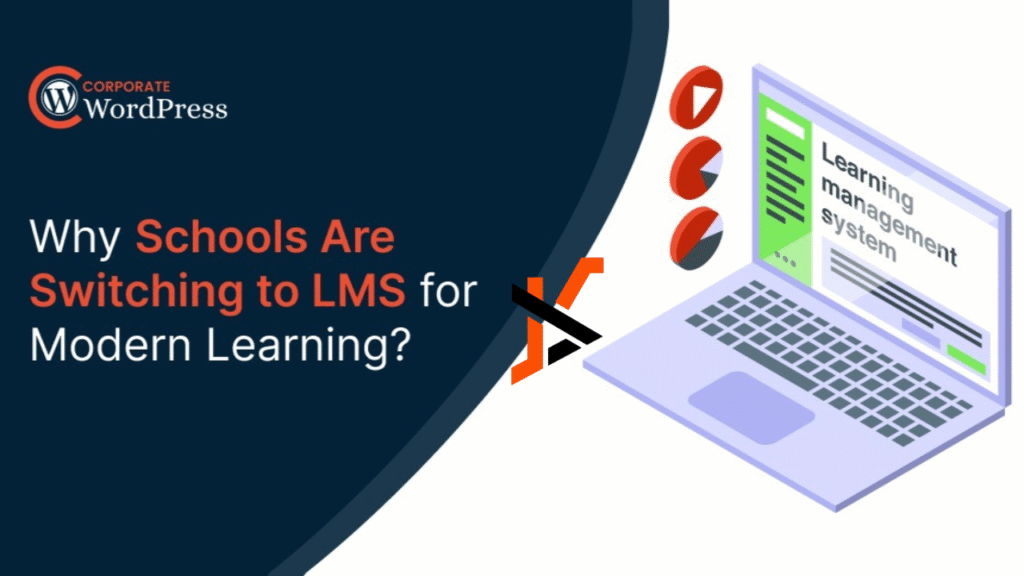An LMS platform (Learning Management System) is no longer a luxury—it’s a necessity. In today’s digital-first world, organizations and institutions need a scalable, flexible, and data-driven way to deliver training, onboard new hires, or provide remote education.
Whether you’re running a university or managing a corporate team, an LMS platform simplifies content distribution, tracks learner progress, and ensures consistency in training delivery.
Key Features of an Effective LMS Platform
A powerful LMS platform typically includes the following essential capabilities:
- Course Creation Tools – drag-and-drop interfaces, video/audio integration, assessments
- User Management – customizable roles, user enrollment, grouping
- Progress Tracking – dashboards, performance reports, activity logs
- Mobile Accessibility – learning on the go via iOS and Android apps
- Gamification – badges, leaderboards, and certifications to boost motivation
- Integration Options – connects seamlessly with HR software, Zoom, Google Drive, etc.
Benefits of Using an LMS Platform
1. Streamlined Learning Process
An LMS eliminates the need for manual distribution of materials. Learners access everything they need through a single portal.
2. Personalized Learning Experience
AI-powered LMS platforms adapt course content to user behavior, offering tailored modules for better retention.
3. Real-Time Analytics
Detailed metrics provide insights into learner progress, course engagement, and completion rates, which are crucial for decision-making.
4. Cost and Time Efficiency
By automating content delivery and tracking, companies and institutions reduce administrative overhead and training costs.
5. Scalability
An LMS can support thousands of learners at once—perfect for rapidly growing companies or universities with large student bodies.
Use Cases of LMS Platforms
Corporate Sector
- Employee onboarding
- Compliance training
- Skill development programs
Education Sector
- Remote learning solutions
- Blended learning models
- Continuing education and certification
What to Look for When Choosing an LMS Platform
When evaluating LMS options, consider the following:
- Ease of Use – User-friendly interfaces for both learners and admins
- Customization – White-labeling, modular design, multilingual support
- Security & Compliance – GDPR, FERPA, and SOC2 compliance
- Support and Community – 24/7 customer service, active user forums
- Pricing Flexibility – Subscription models, pay-per-user, or open-source options
Future Trends in LMS Platforms
- AI and Machine Learning – Personalized recommendations, smart grading
- Virtual Reality – Immersive learning experiences for healthcare, aviation, and more
- Social Learning Tools – Forums, live chats, peer review systems
- Microlearning Modules – Bite-sized content designed for fast consumption
- Blockchain Integration – Secure, verifiable digital certificates
Why You Should Invest in an LMS Platform
Investing in an LMS platform means embracing digital transformation. It helps organizations stay competitive, boosts learner satisfaction, and opens doors to scalable, automated education or training. Whether you’re an educator or an enterprise leader, the right LMS platform can redefine how you deliver knowledge in 2025 and beyond.

